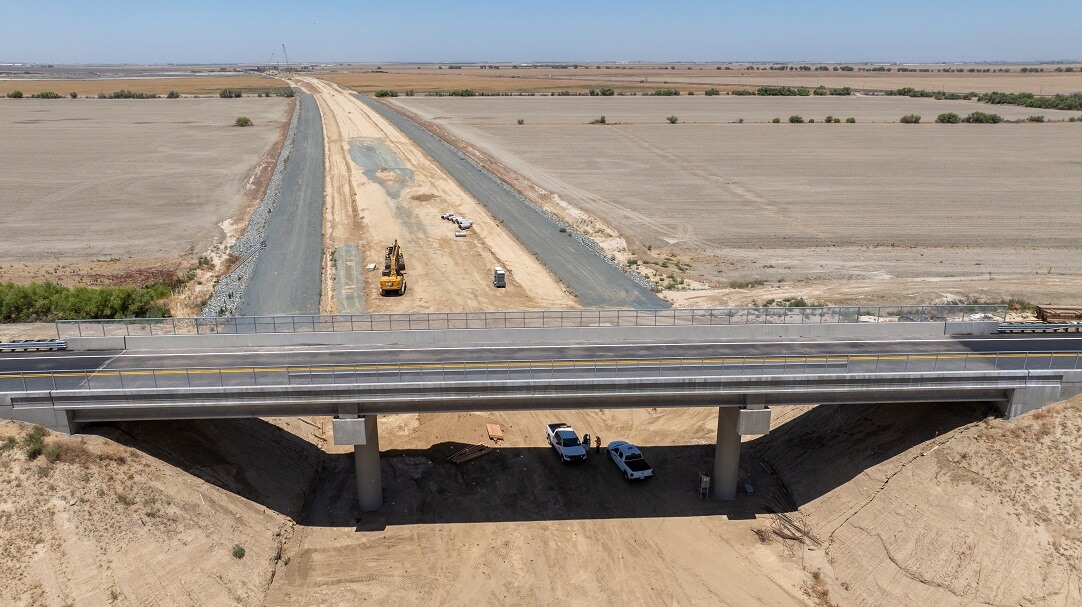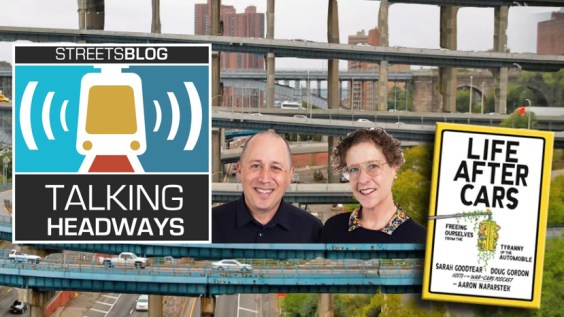The trend of parking-free residential development continues in cities around North America: first there was Portland, then Toronto. The latest city that seems to be catching on to the craze is none other than Miami.
It's not quite a parking-free project, but Filipe Azenha at Transit Miami reports that a developer in Miami is hailing the "transportation revolution" and its building's position near transit as a key selling point:
Looks like we finally have a developer in the 305 that understands the importance of mobility options for urban dwellers. Newgard Development Group will soon begin construction of Centro in downtown Miami and they are marketing the building to potential buyers as a project that provides transportation choices for future residents. Not only will Centro be located in the heart of downtown, just blocks away from premium transit, but the developer has partnered with car2go to provide a car-share service at the building’s doorstep. In addition, Centro will have a bike share program for its residents as well.
The problem is, in Miami, developers like Newgard are still required to provide some parking. Azenha interviewed the developer, Harvey Hernandez, who said it's driving up the cost of doing business:
Zoning allows us to provide parking offsite; therefore we don’t have to build parking. The parking garage is within 100 yards of Centro. We have entered into an agreement with the Miami Parking Authority to provide parking. We also provide 24-hour valet service and there is always the car2go hub at our doorstep.
When Azenha asked if having no parking on-site was hurting business, Hernandez replied:
We don’t see it at all. The buyers are coming from all segments of the market; whether they are young professionals, retirees, or second home consumers they have one thing in common—less reliance on the car. All of our buyers want the urban living experience—they want to walk to restaurants, bars, the arts and other amenities. Many of our buyers are coming from suburbia; they don’t want to deal with long drives and the cost associated with maintaining a car.
Elsewhere on the Network today: The Political Environment takes a closer look at the implications of a judge's decision to allow a lawsuit to proceed against a Milwaukee highway project due to its lack of transit. People for Bikes tests out New York City's new bike-share system. And Mobilizing the Region discusses a recent Harvard study finding that AASHTO's aversion to some types of cycling infrastructure is based on shoddy data.






